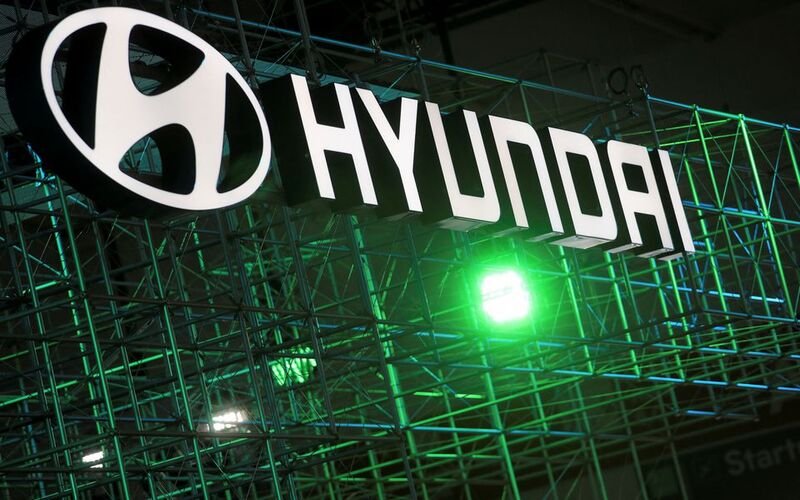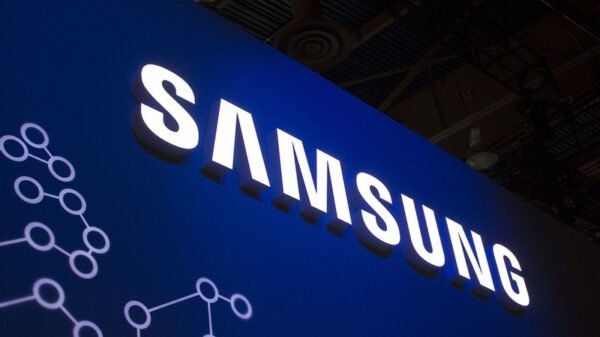On Wednesday, Hyundai Motor Co. (005380. KS) and its subsidiary Kia Corp. (000270. KS) forecasted that their combined global sales will increase by roughly 2% in 2024, despite falling short of expectations last year.
The pair sold 7.3 million automobiles in 2023, about 3% fewer than their combined target of 7.52 million, owing to a challenging economic situation that included rising loan rates and inflation, which pushed vehicles out of reach for some purchasers.
The firms want to sell 7.44 million automobiles globally this year.
“Hyundai plans to take a lead in electrification and focus on optimizing profitability by strengthening its global electric vehicle (EV) production infrastructure, establishing flexible business strategies to adapt to market changes, and reinforcing preemptive risk management capabilities,” the automaker said in a press release.
Kia claimed in a statement that it sold 3.09 million vehicles globally in 2023, setting a new annual global sales record. Kia’s previous greatest year came in 2014 when it sold 3.04 million cars.
Analysts believe the two firms’ sales forecasts for this year are attainable, but they believe that economic factors such as high mortgage rates and growing incentives would influence vehicle demand and profitability.
Hyundai aims for a 0.6% increase in annual global sales to 4.24 million vehicles, while Kia aims for 3.2 million units, a 4% increase over last year.
“It appears that Hyundai’s objective is more cautious than Kia’s… Kia plans to introduce new electric vehicles this year, but “we need to consider how the recent slowing growth of global EV sales will play out,” said Shin Yoon-chul, an analyst at Kiwoom Securities.
In his New Year’s message on Wednesday, Hyundai Motor Group Executive Chair Euisun Chung stressed customer satisfaction and called for a corporate culture of “preparation” to make quick choices.
“The ideal plan is to acquire our clients’ entire trust rather than just following our rivals. “We must be prepared to turn these external challenges into opportunities and achieve long-term sustainable growth,” Chung said in his address.
Hyundai Motor and Kia shares fell 3.3% and 3.9%, respectively, compared to a 2.3% drop in the benchmark KOSPI (.KS11).




































Comment Template